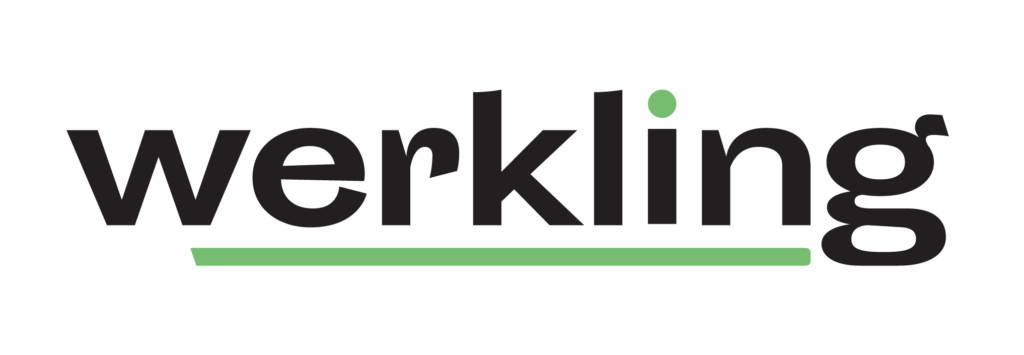The nature of work is dynamic. But even with these ever-changing peaks and pivots of work, we so often resource our teams with an ultra-static resourcing model. We have a set number of roles that are assumed by a set number of people.
The world of work is changing, and changing quickly, and the business case for being able to quickly augment your teams around organisational priorities is growing.
Now of work
While the professional gig economy (or shared talent economy or on-demand talent pools … whatever you want to call it!) is currently only truly embraced as a strategic talent play by the early adopters, sentiment is shifting.
There are five key scenarios where leaders are tapping into on-demand talent to deliver organisational outcomes.
- The Leader with Gaps: “I am struggling to fill this role but the work can’t wait, how can I access talent to help me deliver on the key priorities?”
- The Leader at Capacity: “My team is at capacity! I don’t want to burn them out but we have some big items to deliver!”
- The Leader with a Problem: “Help! I need a specialist to solve this problem for me but we don’t have or always need the capability in the team.”
- The Leader at a Peak: “We’re heading into a busy period and need some extra support. How can I flex my team for the next little while?”
- The Leader who has Learnt: “I need to bring someone in to help me deliver this outcome but I have been burnt by the big consultancies in the past. What are the other options?”
While they may not recognise it as a workforce strategy or see that they are augmenting their teams, leaders are feeling the squeeze and are calling on on-demand talent to deliver today.
Future of work
With the world of work changing at a lightning pace, it is little surprise that the way that we have traditionally designed and resourced work is being challenged and new work models are forming.
Beyond Werkling’s research and case studies, there are numerous signals of change that point in the direction of the emerging professional gig economy and a need to augment your workforce around organisational priorities. These include:
Changing talent preferences: Professionals opting out of the traditional employment system and choosing to work across a number of organisations in a freelance capacity.
Talent platform usage: Organisations increasingly reliant on digital channels to access and engage top talent.
Importance of operational agility: Leaders identifying operational flexibility and the ability to be nimble as a key priority for the future.
So, if the ability to augment our teams and workforce is essential in the future of work and the professional gig economy is the likely solution, what do we do about it today? Work Futurist and Werkling’s Futurist-in-Residence, Reanna Browne recommends making small bets in the long game. Reanna suggests that leaders should: “Start considering some of the ‘small bets’ they can start making today that respond to these trends and build more agility into the organisation”. These small bets might be an experimentation, innovation or initiative that has the potential to grow, iterate and ultimately position the organisation towards a more viable future.
“For example”, says Reanna, “ perhaps you can pilot an on-demand talent bench in one area of your organisation who are experiencing resourcing challenges or tap into on-demand talent for an upcoming project.”
Regardless of whether you are augmenting your teams to solve today’s problems or are preparing for a future where on-demand talent is a core feature of a more fluid workforce, an On-demand Talent Strategy is essential.
If you would like to learn more, please book a time to chat here, shoot us as email at hello@werkling.com, or connect on LinkedIn.

